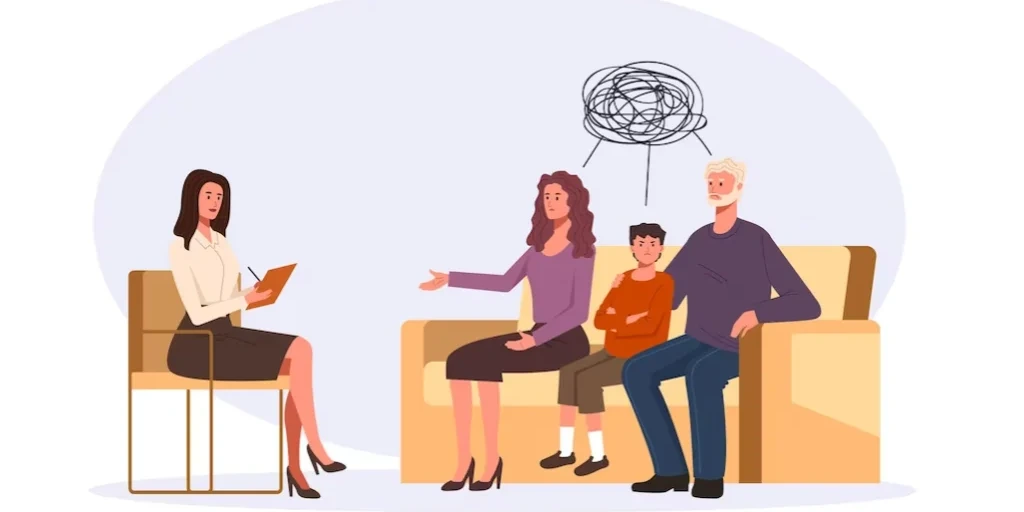24/7 Helpline:
(866) 899-221924/7 Helpline:
(866) 899-2219
Learn more about Opioid Rehab centers in Hood River County

Other Insurance Options

MVP Healthcare

Regence

CareFirst

Anthem

Group Health Incorporated

Holman Group

UnitedHealth Group

Humana

EmblemHealth

Health Choice

United Health Care

AllWell

Providence

Magellan Health

Amerigroup

Optum

Ceridian

Sutter

Access to Recovery (ATR) Voucher

BlueShield

Providence Hood River Memorial Hospital Behavioral Health
Providence Hood River Memorial Hospital Behavioral Health is a private rehab located in Hood River, ...

Mid Columbia Center for Living
Mid Columbia Center for Living is a public rehab located in Hood River, Oregon. Mid Columbia Center ...








































